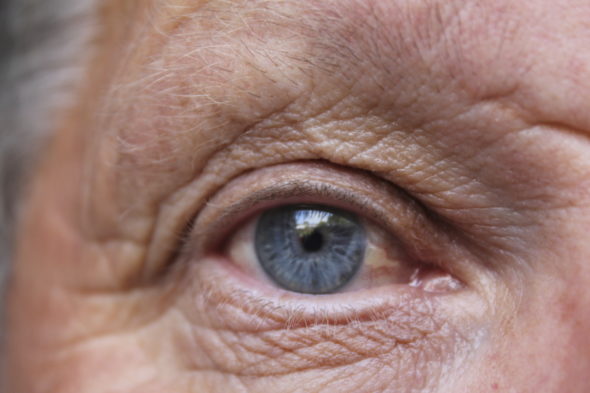
Eyes and How They Age
Posted September 30, 2019Introduction
As we age, we begin to notice changes in our bodies, including our eyes. Do you ever notice that your eyes are extra sensitive to light or glare on your computer screen? Maybe smaller font sizes are more difficult to see than usual, or your eyes seem to be dry and irritated. Aging comes with the territory, but there are ways to keep your eyes healthy as the years pass.
Risk Factors
Like the rest of your body, certain risk factors increase your likelihood of experiencing eye and vision problems. If your family has a history of diabetes, glaucoma, or high cholesterol, you might be more susceptible to eye problems later in life.
Steps to Take
One way to combat the aging of your eyes is to eat a balanced diet. Foods rich in antioxidants and vitamin A help strengthen the macula, a part of the eye controlling central vision. Wearing protection is another important strategy. Sunglasses protect our eyes from harmful UVB and UVA radiation. Blue light lenses also protect you from the detrimental effects of wavelengths emitted by technology screens. Proper diet and protection, along with ample sleep and exercise, relieve the effects of aging on your eyes.
Treatment Options
The most common problem we all face as the years pass is deteriorating vision. This process begins at a young age as the lenses of your eyes become less flexible. Around the age of 40, it may become more difficult to see clearly at short distances and the higher level of vision loss can be quite frustrating. It is important to remember at this point that you have options: bifocals, reading glasses, contacts, or even laser surgery. Failing vision that comes with age cannot be prevented or cured, but the vision aids available can help you live your best life in comfort. Whether you are feeling the effects of aging now, or just want to know your options for the future, schedule an eye examination with your optometrist at least every two years to check for developing eye and vision problems.
